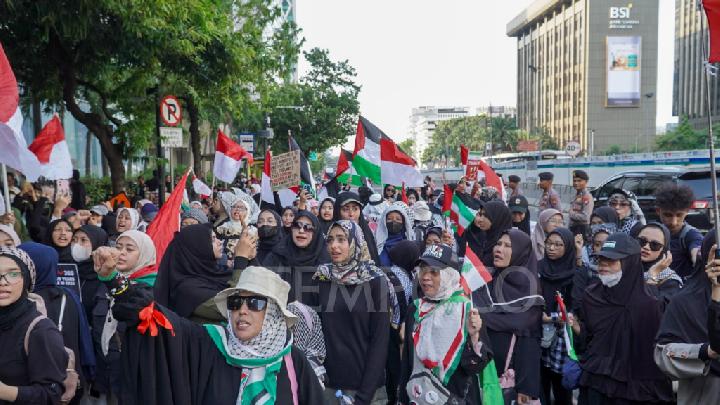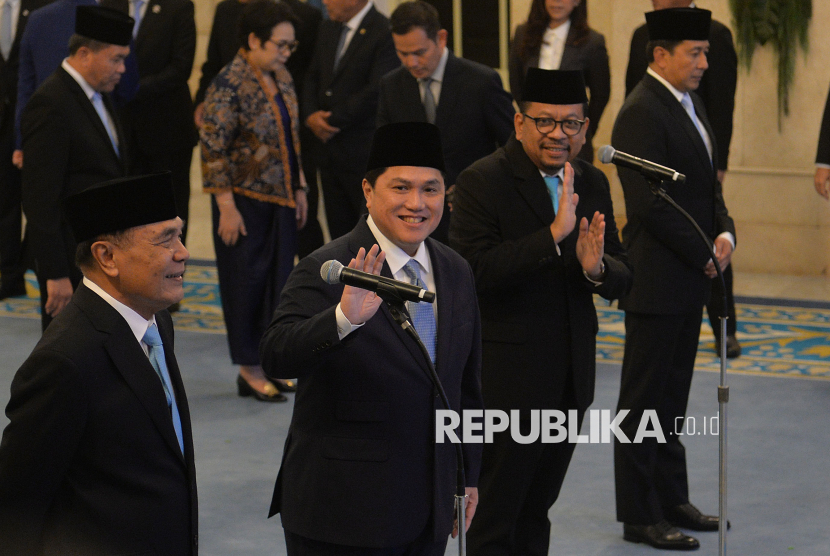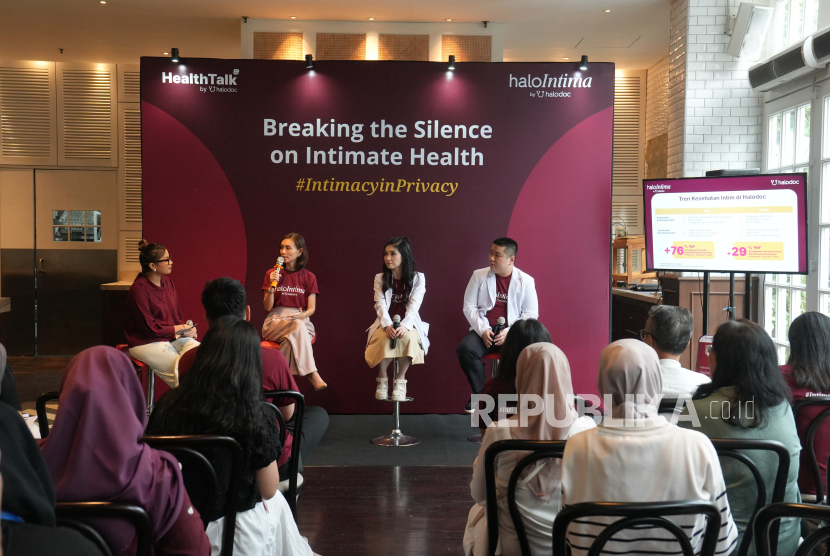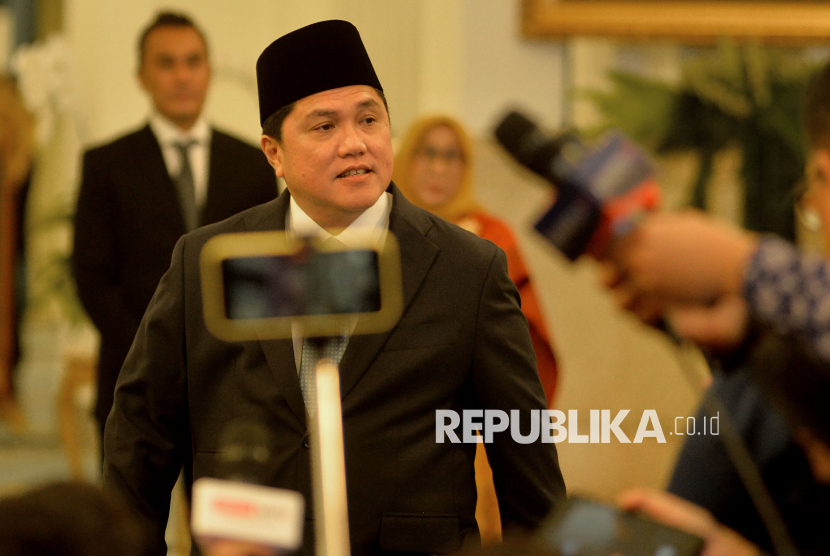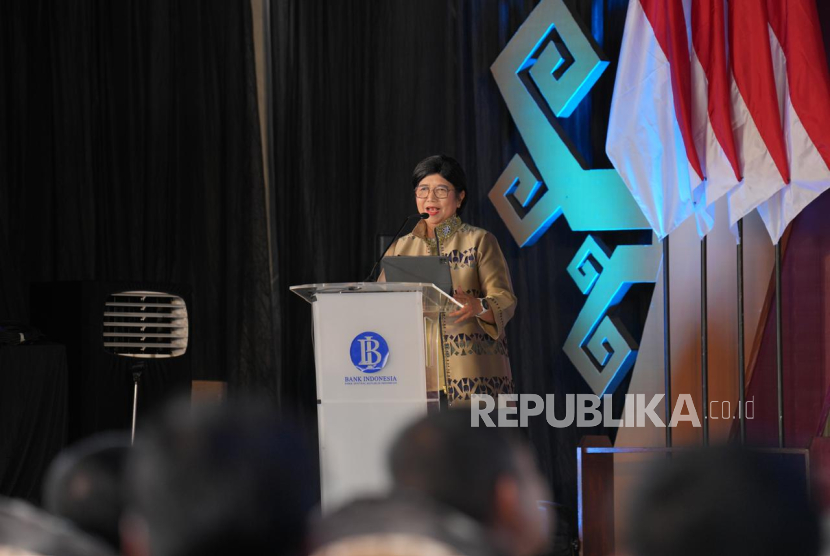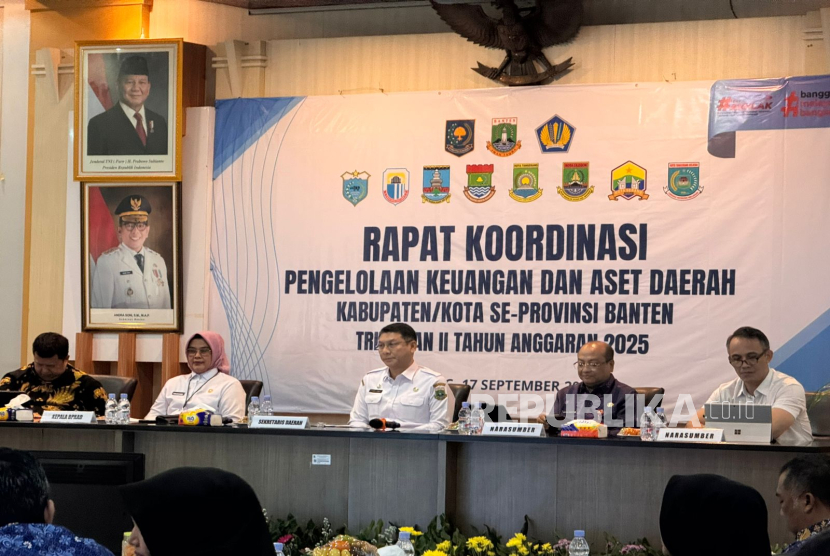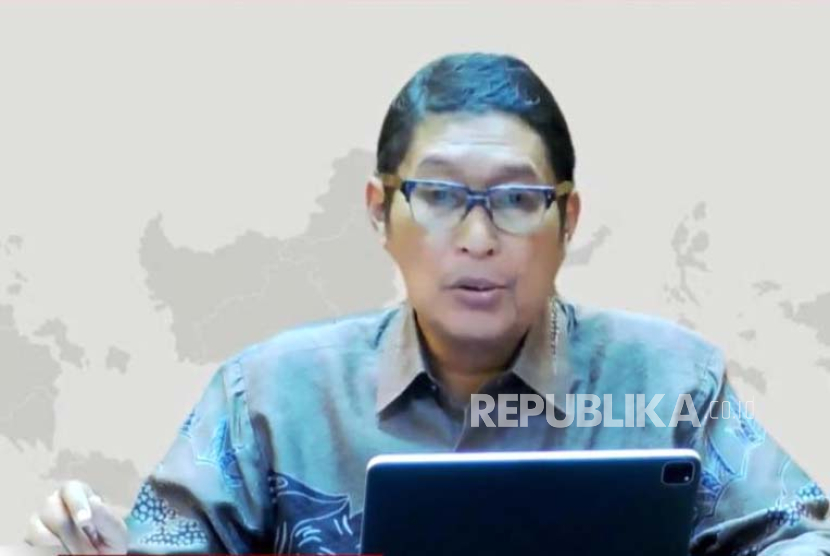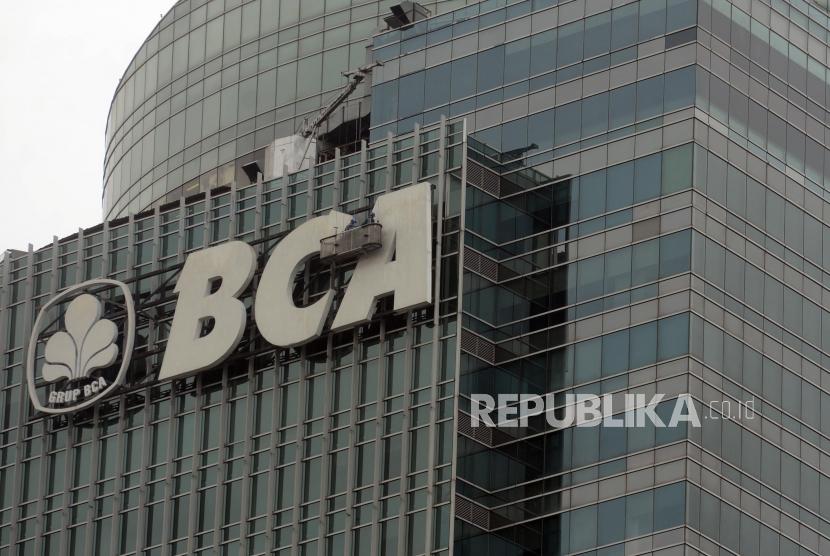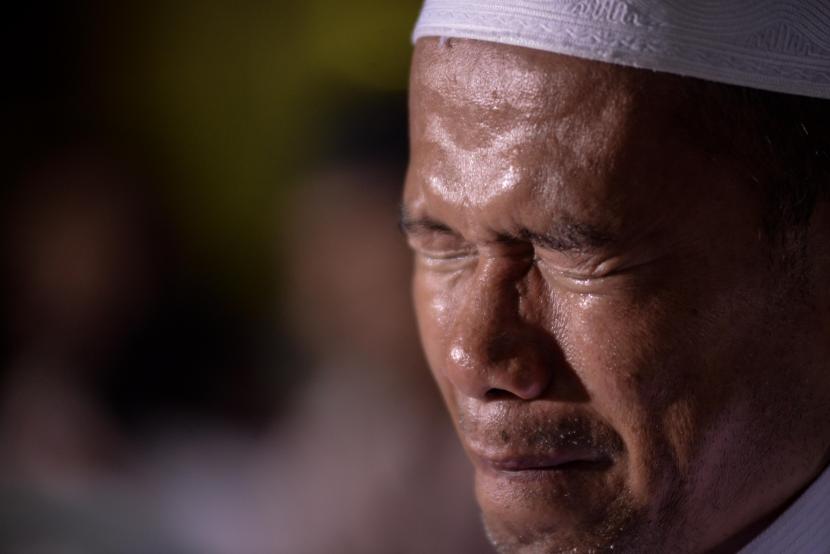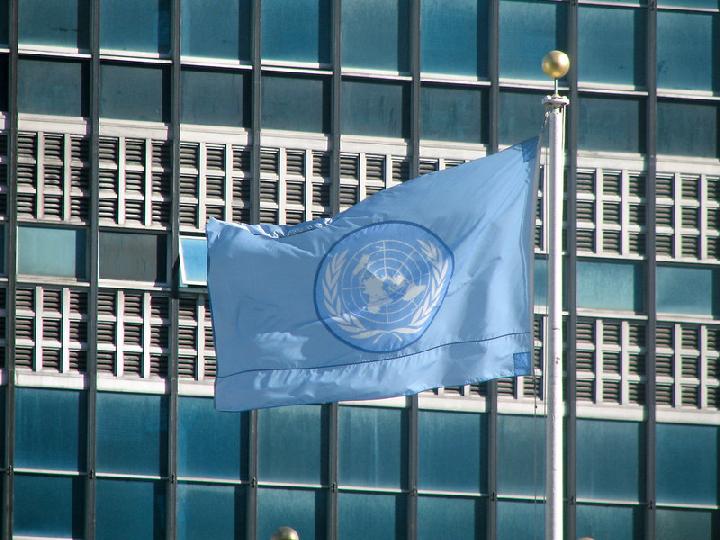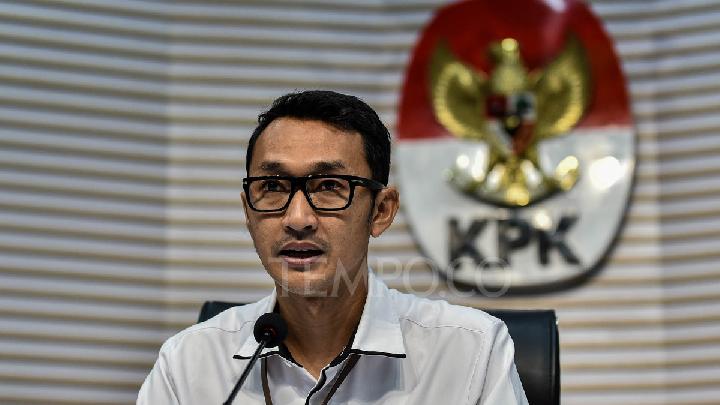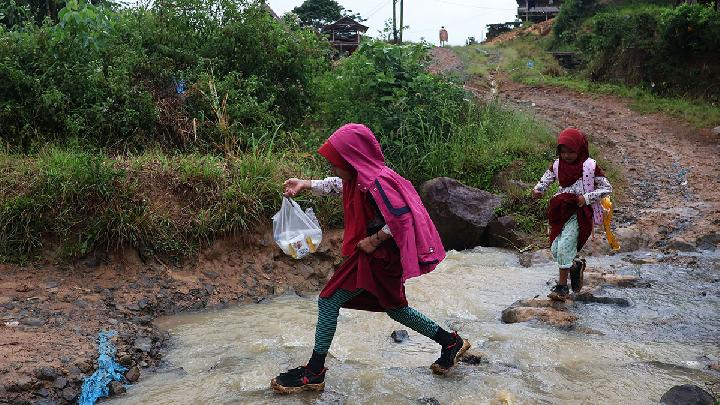TEMPO.CO, Jakarta - The BBC has announced that it will not broadcast a documentary film about doctors working in Gaza, after delaying its airing for months, as reported by Middle East Eye on Friday.
The documentary film Gaza: Medics Under Fire was ready to be aired in February, but was pulled due to another BBC documentary film about children in Gaza, titled How to Survive a Warzone. The film did not mention that the father of one of the child narrators, studying at university in England, is a technocrat in the Hamas government in Gaza.
The British public broadcaster said it would broadcast Gaza: Medics Under Fire after the review of the previous documentary film was completed.
However, on Friday, the BBC announced that it would not air the film.
"We have come to the conclusion that broadcasting this material risked creating a perception of partiality that would not meet the high standards that the public rightly expect of the BBC," the broadcaster said in a statement.
"Therefore, we are transferring ownership of the film material to Basement Films... Any film broadcast will not be a BBC film."
Basement Films, the company that produced the documentary, previously questioned the BBC's decision to delay the broadcast. "There is no moral or professional reason why a mistake in one film should repeatedly prevent the release of another film."
In a statement on Friday, Basement Films said, "we would like to thank the Doctors and contributors and survivors, and to apologise for not believing them when they said the BBC would never run a film like this."
The documentary tells the story of Palestinian doctors working in Gaza under Israeli bombing. The film was made by award-winning Oscar, Emmy, and Peabody-winning filmmakers, including Ben de Pear, Karim Shah, and Ramita Navai.
BBC did not explain in its statement why the film did not meet the "high standards that the public rightly expect of the BBC."
A BBC spokesperson told Middle East Eye that the review of How to Survive a Warzone is ongoing. While the film about Palestinian doctors in Gaza had been approved by all internal "editorial policy" teams, a source at the BBC said.
The same source, who works in several BBC departments, said that the BBC's Director-General Tim Davie and CEO Deborah Turness were unwilling to release the film Gaza: Medics Under Fire, despite Turness stating in an editorial meeting that she wanted the company to be "on the right side of history."
During an AMA (ask me anything) session with BBC management last week, several employees asked about the film's fate. According to two present employees, management "ignored most of the questions about Gaza."
Basement Films said that the BBC "gave us no less than 6 different release dates" after "told us several times verbally and by email" that the film "had been approved for broadcast."
In May, over 600 prominent figures from the arts and media in the UK wrote a letter to the BBC, accusing it of conducting "political censorship" for its delayed broadcast of the documentary.
"Although the BBC are now taking their names off this film," said Basement Films, "it will remain theirs, and we hope it serves to open up the debate on how the nation's broadcaster covers what is happening in Gaza."
This decision was made just days after BBC's coverage of the Israel-Gaza war was systematically biased against Palestinians. As reported by Middle East Eye, this was according to an analysis of over 35,000 pieces of content produced by the British public broadcaster.
A study conducted by the Centre for Media Monitoring (CFMM) of the Muslim Council of Britain, which monitors how national media report on Islam and Muslims, found that the BBC covered the deaths of Israelis 33 times more than the deaths of Palestinians.
In an analysis of 3,873 articles and 32,092 broadcast segments from October 7, 2023, to October 6, 2024, CFMM found that BBC used emotional terms four times more for Israeli victims and applied the term "massacre" 18 times more for Israeli victims than for Palestinian victims.
According to the report's authors, it "reveals a systematic omission of key historical and contemporary context that has acquired an institutional quality at the BBC."
This includes the use of genocide rhetoric by Israeli leaders - particularly Prime Minister Benjamin Netanyahu and President Isaac Herzog - as well as the failure to scrutinize Israeli claims and denials.
While Hamas-led attacks on October 7 were mentioned in at least 40 percent of BBC's online coverage, only 0.5 percent of articles mentioned Israel's decades-long occupation of the West Bank, Gaza, and East Jerusalem.
According to the analysis, BBC prompted a total of 38 spokespeople to condemn the October 7 attack, but never posed similar questions to Israel's actions. BBC presenters have referred to "Hamas-controlled Gaza," despite Israeli forces now controlling over half of the devastated enclave.
The study also found that the BBC has interviewed more Israelis (2,350) than Palestinians (1,085) on TV and radio. BBC presenters voice Israel's perspective 11 times more frequently than the Palestinian perspective (2,340 versus 217).
BBC employees who opposed coverage of the Gaza war had several WhatsApp groups to vent their frustration, including one called "Middle East coverage."
A group member told MEE that the CFMM analysis had been widely discussed and that it was "extraordinary to see it all laid out like that."
The CFMM report was lauded by public figures including Sayeeda Warsi, a former deputy chair of the Conservative Party; journalist Owen Jones, who also reported alleged bias at BBC; Palestinian ambassador to the UK Husam Zomlot; Middle East Eye columnist Peter Oborne; and Francesca Albanese, UN Special Rapporteur on the Occupied Palestinian Territory.
Alastair Campbell, former communications director for Tony Blair, who also supported the report, said: "All too often, on domestic issues, the BBC’s response to criticism from the right is to accept rather than challenge it and adapt coverage accordingly."
"We see the same pattern in some of its approach to international issues too, notably Israel and Palestine. The Israelis and the right-wing media do a very good job of persuading people that the BBC is biased in favour of Palestinians. This report suggests otherwise."
The CFMM report used AI to process transcripts, label speakers, and compile content.
Editor's Choice: Global March to Gaza: Four Key Demands for Palestinian Solidarity
Click here to get the latest news updates from Tempo on Google News

